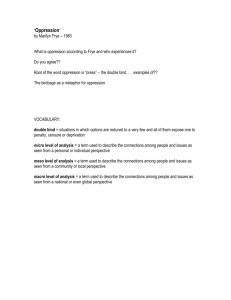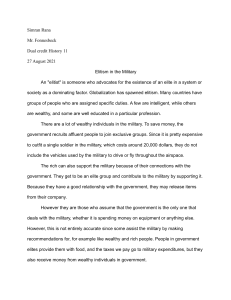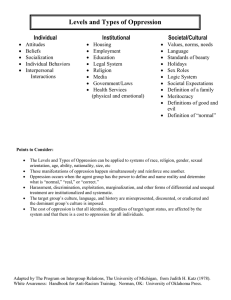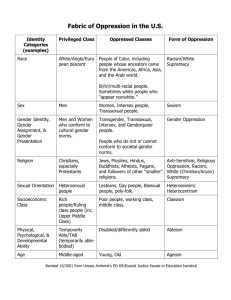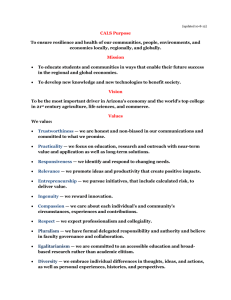Public Health and Social Justice
advertisement
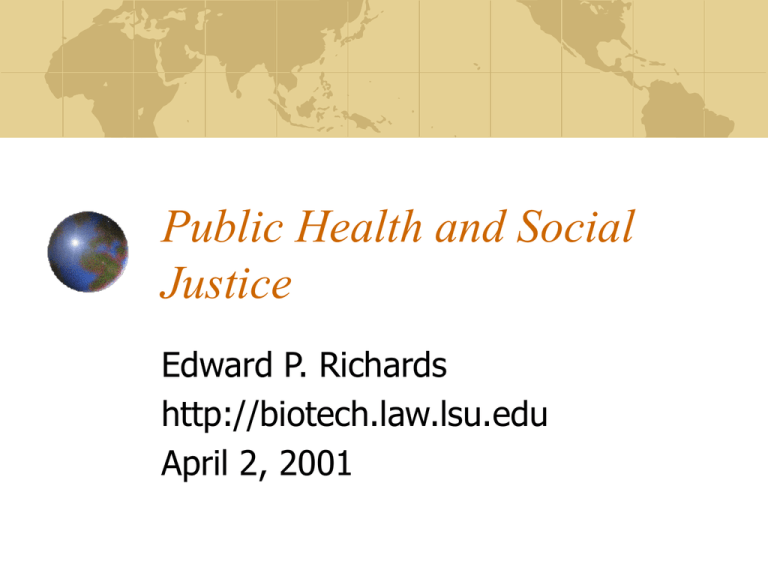
Public Health and Social Justice Edward P. Richards http://biotech.law.lsu.edu April 2, 2001 The Impact of Public Health Increased Life Expectancy More than Doubled between 1850 and 1950 Biggest Impact on Children Reduced Acute and Chronic Morbidity Cholera, Yellow Fever TB, Malaria, Syphilis Changing Public Perceptions Communicable Disease Once Paralyzed Government and Community Life No More Visible Public Health Crises Quarantine for TB and Other Diseases Closing of Public Facilities and Limiting Travel for Polio Magic Bullet Mentality Vaccines Antibiotics Lowered Public Support No Crisis – No Political Support Reduced Funding Politization of Agencies Resistance to Interventions Loss of Academic Support Research Money Shifts to Social Science and Biotech Public Health Training Loses Focus “No There, There” Problem Public Health as Oppression Tuskegee Syphilis Experiment Typhoid Mary TB as a Housing Problem STD Control as Sexual Discrimination Fluoridation Foes Anti-Vaccination Movement Environmental Justice Public Health as Suspect Activity Shift from Societal Protection to Personal Protection Shift from Police Power to Parens Patria Increased Due Process Increased Agency Cost Shift from Expert Decisionmakers Civil Rights Mentality Lawyers and Law Professors Prefer Civil Rights Helping the Downtrodden Empowering the Individual Distrust of the State Lots of Money in Suing for Individuals Not Much Money in Representing the State No Money or Private Practice in Public Health Law Was Public Health Oppression? Was Public Health More or Less Discriminatory than Society As a Whole? Generally Much More Progressive The Burden of Disease Always Falls Hardest on the Poor and Disenfranchised Greatest Benefits to the Worst Off Separate Out Medical Care Public Health Was the Most Egalitarian Service Public Health Elitism AIDS Think Driven by White Affluent Gay Men Privacy and Autonomy is More Important than Disease Control Ignores Casual Contact Diseases Self-Empowerment Model Driven by Political Power in Urban Centers Aggressive Involvement in Medical Care Even Private Importation of Drugs Impact of Public Health Elitism AIDS and Poor and Minority Women Denied Access to Medical Care Left Out of Clinical Trials No Protection from Sexual Contacts Environmental Justice East Fix Really About the Environment Just Results in Gentrification Public Health Justice Reject Elitism Empowerment only Benefits the Affluent and Powerful Is Privacy More Important than Life and Health? Real Oppression Underfunded Public Health Services Incompetent Public Health Professionals Ignoring the Most Significant Risks to Health and Community
